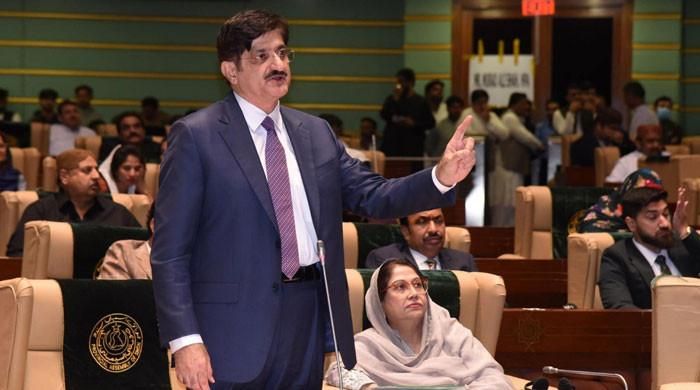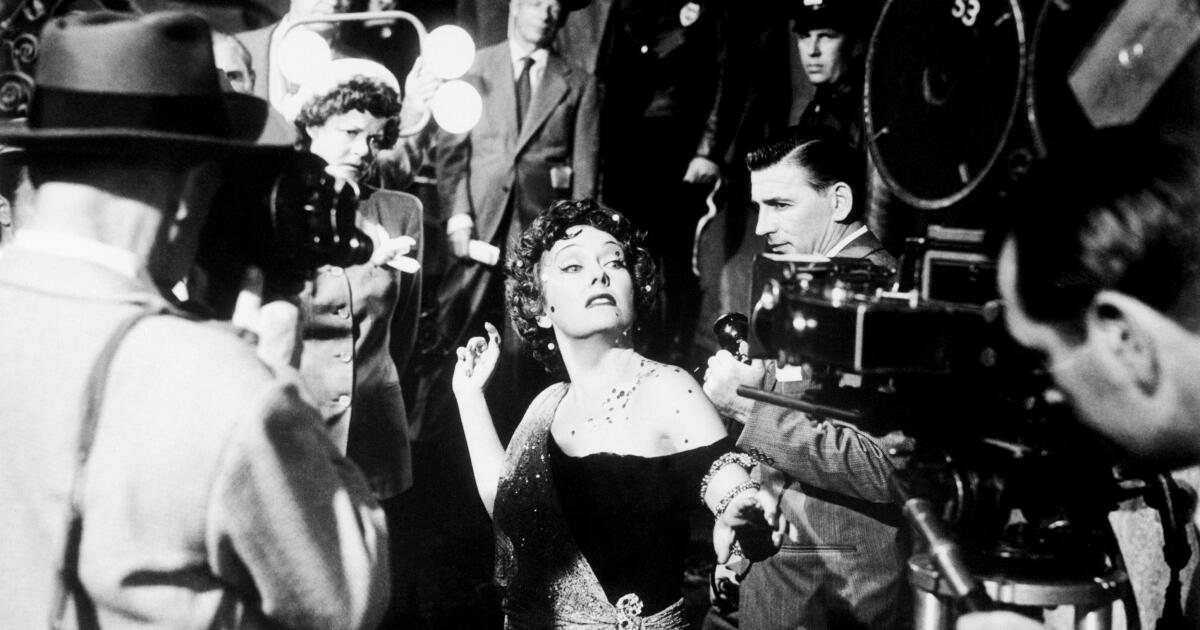Shah has a Herculean job ahead of him and failure is not an option for him as this is his third term.
Syed Murad Ali Shah, who will be sworn in as Sindh Chief Minister (CM) on Tuesday to pick up from where he left off in August last year, faces a daunting task ahead.
Shah once told me that the biggest problem he had encountered during his previous tenure was “incompetence” and my response was, “Who is responsible?” [for it]”.
It is time to restore the culture of competition and merit instead of nepotism and political hiring. We wish him the best of luck as he certainly has immense qualities, at least to the extent that even former Prime Minister Imran Khan (IK) used to praise him for his 'duties' during cabinet meetings.
Once, I asked IK about the performance of CMs and he chose Syed Murad Ali Shah for being on top of his duties. “I always found him quite well prepared, even on issues we disagree with, and I even communicate this to his counterparts in my party,” Khan said.
Unlike Khan, who was unlucky in selecting prime ministers in Khyber Pakhtunkhwa (KP) in 2013 and 2018 and in Punjab in 2018, PPP leaders once again trusted two-time prime minister Syed Murad Ali. , son of former Prime Minister Syed Abdullah Shah. The question is why the party has so much confidence in the young Shah.
In KP, Khan brought Syed Pervez Khattak in 2013 as CM, KP and his performance led the party to secure two-thirds majority in KP but to everyone's surprise, IK replaced Khattak with Mahmood Khan who turned out to be another disaster further. Now, both have left IK and he has nominated his party loyalist, albeit controversial, Ali Amin Ghandapur.
However, the biggest disaster for IK turned out to be the surprise selection of Usman Buzdar as CM, who in three years brought Khan's popularity graph down rapidly. Even the rank and file of the party were not happy with his choice.
Punjab has been the luckiest province, whether its CM was Shehbaz Sharif or Chaudhry Pervez Elashi. Many believe that if IK had appointed Pervez Elahi as CM, considering his track record, the PTI founder probably would not have lost his government.
Shah, who today will begin his third consecutive innings as CM, was also elected MPA for a record eighth time along with former CM Syed Qaim Ali Shah. Shah, after taking the oath, told me: “Look Mazhar, I am still as young as anyone else.” With a smile I replied: “Yes, of course, but democracy is still a dream.”
He faces a daunting task ahead as the political challenges are much more complicated than before in the country in general and in the provinces in particular. And, above all, Karachi, the megacity of more than 20 million inhabitants, is still far behind cities like Lahore or Islamabad, despite being the economic center. Can he make it this time?
IK and Shah had a cordial relationship until Pakistan was hit by COVID-19, with both the Center and Sindh adopting different approaches to handle the deadliest pandemic. However, Pakistan's handling of the disease was later appreciated across the world and one of the reasons was the work of the joint committee headed by former PTI leader and federal minister Asad Umer.
Although both PTI and PPP are polar opposites in their politics, Shah always followed protocol and showed up on time whenever he was called by the then Prime Minister to receive him or attend any meeting. There have been some cases where CM Sindh was not even invited to the Governor House. Shah never complained or raised questions.
In the past we have seen, in Punjab in particular, that Nawaz Sharif, as prime minister, never received any Prime Minister at the Lahore airport in the 1990s, an action that sometimes made headlines.
One may be of two minds about Syed Murad Ali Shah's past performance as Finance Minister and Chief Minister of Sindh, including the key issue of law, order and governance, but there is no denying the fact that Shah never had afraid of facing criticism. The challenges will be no different as governance problems are among the most serious in the province.
After the 18th amendment, the provinces became autonomous in many issues such as education, health, and labor. It is also in the Charter of Democracy (COD) that the chairman of the Public Accounts Committee (PAC) should be the leader of the opposition, but Sindh never had an opposition leader as the head of the PAC. This time Shah showed the courage to enforce the COD, besides giving local bodies all the political, financial and administrative power to ease the burden on the provincial government.
The Police Order 2002 is arguably considered across the board to be the best when it comes to police reform and no city apart from Karachi needs such an order. Karachi is still pursuing the long-delayed 'Safe City Project' whose cost has been multiplying with each passing year. Both Islamabad and Lahore have had this project for a long time, but it remains elusive in Karachi.
Now the question is why the PPP leaders preferred him over peers like Syed Nasir Hussain Shah, Sharjeel Memon and, above all, Faryal Talpur, sister of former president Asif Ali Zardari, who has again been nominated by the PPP and the PML-N alliance. for the position of head of state.
The election of Syed Abdullah Shah's son, who perhaps went through a much more difficult period in the mid-1990s as prime minister, is linked to his ability to defend the party and the government much more convincingly than many others in the last years. party in addition to his command in financial, administrative and political matters.
The way he tackled complicated issues during the three and a half years of IK rule is commendable. He faced serious allegations from the National Accountability Bureau (NAB) as he had also been Finance Minister.
Back then, I covered Abdullah Shah extensively as those were difficult times due to extrajudicial killings and deteriorating law and order situation amidst criticism of the elder Shah's performance.
Shah has a Herculean job ahead of him and failure is not an option for him as this is his third term. He not only has to make Karachi the “model city” that it deserves to be, but also transform Sindh into an enviable example for other provinces.
He has to accept the opposition leader as PAC chairman, enforce the 18th amendment and empower local bodies. Sindh is facing an educational crisis, from school level to higher education.
The conditions of key government hospitals are pathetic despite improvement in the health sector. It is necessary to restore student unions and ensure the protection of workers and their rights.
Shah, who received his early education from St Patrick's High School and earned a Bachelor's degree in Civil Engineering from NED University of Engineering and Technology, knows very well how prestigious institutes like DJ Science College, Adamjee College, Premier College, etc. were destroyed.
Why is Sindh very backward in education? Why doesn't it have a single international-level institution left? He pursued concurrent Master of Science programs in Civil-Structural Engineering and Economic Systems Engineering at Stanford University in California. So who knows better than him that most of our flyovers, particularly the underpasses, were designed and manufactured by “highly incompetent engineers” and that the flawed projects involved massive corruption?
The prime minister can only make history if he leaves those legacies behind. Let's see how Syed Murad Ali Shah performs this time.
The writer is a columnist and analyst for Geo, The News and Jang. He posts on X @MazharAbbasGEO












